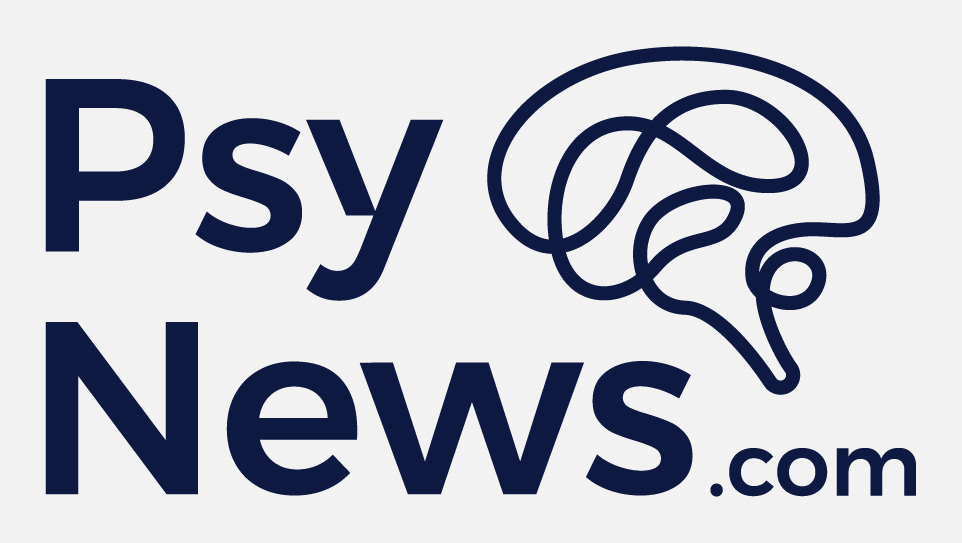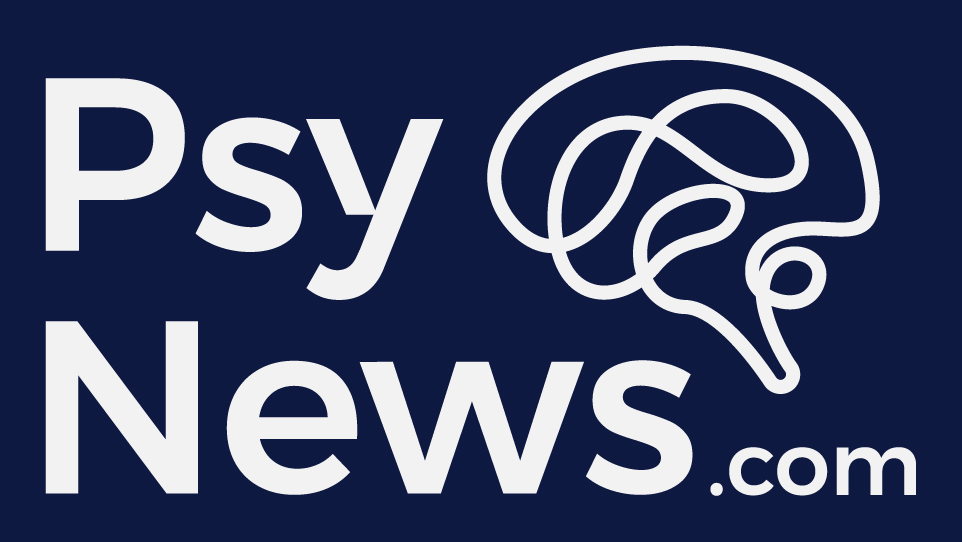Roughly 264 million people in the world live with depression. Of those people, somewhere between 29% and 46% fail to fully respond to treatment. That means that 29% to 46% of people with depression are actively trying therapy and/or antidepressant medication for relief from their depression. But it’s not working. DMT for depression is being studied as a solution.
People are spending time, energy, money, and a whole lot of effort for no results. At a minimum, that’s frustrating. And enough to feel defeated. Defeated by depression is a huge factor in someone’s mental health. And a feeling of hopelessness that your efforts to feel good are not working. This cycle has been going on for too long. Leaving people who live with depression in a perpetual cycle of more depression…
But research is showing that N,N-Dimethyltryptamine (DMT) has the potential to break the cycle. DMT for depression is being studied and the results are promising.
Researchers are saying that DMT is paving the way for new medicine. And it has the potential to completely change the way we treat depression.
Does DMT Help Depression?
DMT is a serotonergic psychedelic that works through serotonin receptors in the brain.
Research shows DMT supports neuroplasticity. It promotes neuronal growth and increased synaptic connections. Both of which lead to improvements in depressive symptoms.
Mainstream depression medications—selective serotonin reuptake inhibitors (SSRIs) and monoamine oxidase inhibitors (MAOI)—help boost neurotransmitters in the brain. But they don’t get at the root of depression. SSRIs and MAOIs block the reuptakes of neurotransmitters to promote wellbeing. Essentially, they change the number of neurotransmitters that control feelings of well-being. Neurotransmitters control sleep, anxiety, aggression, appetite, fear, and many more functions of the body. What they have in common is they all affect your day-to-day feelings of well-being.
DMT has the potential to rewire the brain in a way that promotes long-term relief from depression. Or we can say, DMT promotes increased feelings of well-being and joy. (And who doesn’t want more of that?!)
Electroencephalogram (EEG) observations show a higher level of brain activity during the peak of DMT. This supports that DMT has positive effects on the brain and shows its potential to eradicate depression.
After a single dose of ayahuasca (the indigenous ceremonial beverage containing DMT), participants had significantly decreased symptoms of depression. They felt generally more joyous in their day-to-day lives 7 days after one, single dosage. This was in a double-blind, randomized, placebo-controlled study. They used the Montgomery-Åsberg Depression Rating Scale (MADRS) to assess participants’ depression. And the scores were significantly lower in the ayahuasca group at all points in the study.
Research is still underway. And, no doubt, there’s a long way to go until we integrate DMT into mainstream medicine. But it’s happening. This stuff is going to change medicine—it’s only the beginning.
People who feel hopeless in their daily suffering may finally have a long-term solution to their depression.
Is DMT Good for Anxiety: Cortisol Modulation by Ayahuasca
Another study found that DMT can help modulate cortisol levels.
Cortisol is the “stress hormone” and is released in response to fear or stress—it’s sort of like your body’s alarm clock. When you’re in a heightened state of stress, the body produces more cortisol. This leads to increased anxiety and can hurt other bodily functions like digestion, sleep, blood sugar, and inflammation.
Since DMT can regulate levels of cortisol, it could have a positive impact in the treatment of major depression.
DMT Improves Mindfulness
After a single ayahuasca session, a person has significantly higher levels of mindfulness and cognitive flexibility.
“Cognitive flexibility” means the ability to adapt behaviors in response to the environment. Also, the ability to think about and consider many concepts simultaneously. Cognitive flexibility tends to decline with age. This is why we say many elderly people are “stuck in their ways.”
Higher levels of cognitive flexibility correlate with decreased depression. While lower levels of cognitive flexibility correlate with increased depression.
Think about it like this: If we have a higher level of cognitive flexibility, then we are more likely to make changes that get us to our goals. We’re also more likely to change our goals to match our true desires. And since our desires are always evolving and changing, cognitive flexibility keeps us on our toes. It helps us make swift changes and adapt our strategies for achieving our desires and goals. Ultimately, higher levels of cognitive flexibility can bring more joy.
Ayahuasca increases the ability to be more accepting. Improving your level of acceptance leads to taking a less judgmental and more detached approach to stressful situations, thoughts, and emotions. `
Knowing that DMT helps you approach life through a mindful lens, what do you think about DMT for depression? How about suicide?
DMT as an Intervention for Suicide
In extreme cases, depression and hopelessness can lead to suicide. Suicide is a major public health problem being the 10th leading cause of death in the United States. In 2018, there were over 48 thousand suicides with over 1.4 million suicide attempts. And the suicide rates are climbing.
But since research is showing DMT for depression is effective, some studies are starting to investigate it as an intervention for suicide. And what they’re finding is promising!
For all the same reasons DMT can help depression, DMT also has the potential to be an effective suicide intervention. One study found that the greatest effects were 21 days after the intervention.
How to Use DMT for Depression and Anxiety
Right now, the most common way to take DMT for depression is in an ayahuasca ceremony. While DMT is available on the black market, it’s not recommended you take it. The presence of a shaman or a therapist experienced with psychedelics is essential for a positive and impactful experience, especially if you’re choosing to take it to treat a specific condition like depression.
Western medicine is researching ways to integrate DMT into Western medicine, but it’s not there yet. For now, the best way to take DMT for depression is at a traditional ayahuasca cermony.
Traditional Ayahuasca Ceremony
For a traditional ayahuasca ceremony, it’s most common to travel to a country like Costa Rica, Peru, or Brazil. Different indigenous cultures have their own ways of working with the plant. Each brew and each ceremony might be slightly different depending on where you go.
The ceremony often happens at night and is repeated for several nights in a row. A shaman administers the beverage and guides the ceremony through songs called icaros. It’s common to find psychotherapists at retreat centers to help prepare for the ceremony and to help you process your experience after the ceremony. For Westerners, the integration of a psychotherapist is helpful because it’s a familiar experience. Even if you’ve never been to a therapist, the concept is familiar.
Microdosing DMT
As scientists research how to integrate DMT for depression into Western medicine, microdosing is something they’re considering.
A microdose of DMT leads to increased mindfulness, higher levels of concentration, and relief from anxiety and depression. This greater sense of wellbeing makes regular microdosing a promising treatment for depression. Scientists are considering bioavailability, treatment plans, methods of consumption as they develop a realistic way to have DMT available at scale.
What Will a Westernized DMT Therapy for Depression Look Like?
DMT is still in clinical trials and not yet integrated into Western medicine. So we’re not sure what a westernized DMT session will look like.
The goal is to simplify DMT administration with both precise dosing and a patient-friendly method of consumption.
Where will a DMT for depression therapy session take place?
- Outside in nature?
- In a building?
- One-on-one?
- In a group setting?
- As a multi-day retreat?
- As a single-day session?
Also, we know scientists are looking for a precise dosing system. Plus, DMT is not bioavailable orally which is why it’s taken as a beverage in traditional ayahuasca ceremonies. So will DMT be administered:
- Somehow orally (ingested)?
- Intranasal (through the nose)?
- Transdermal (through skin absorption)?
- Subcutaneous (under the skin)?
- Intravenous (through veins)?
- Intramuscular (through shots)?
Also, will they find taking a full dose or microdose more effective for depression?
A Hopeful Future for People Living With Treatment-Resistant Depression
There’s a lot to consider before DMT for depression is implemented into Western medicine. And we’re not quite sure what a westernized DMT therapy session will look like. Although we still have some time before DMT for depression is implemented in Western medicine we’re moving towards it fast. We’re ready for this change. And we’re hopeful the positive change it will bring to the lives of people who have been living with treatment-resistant depression.
The post DMT for Depression: Paving the Way for New Medicine appeared first on Reality Sandwich.






